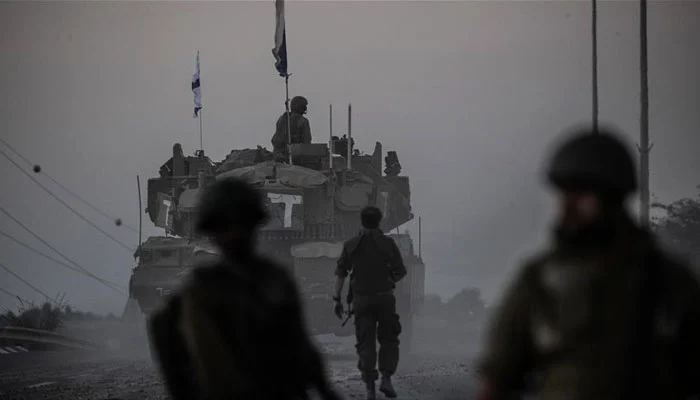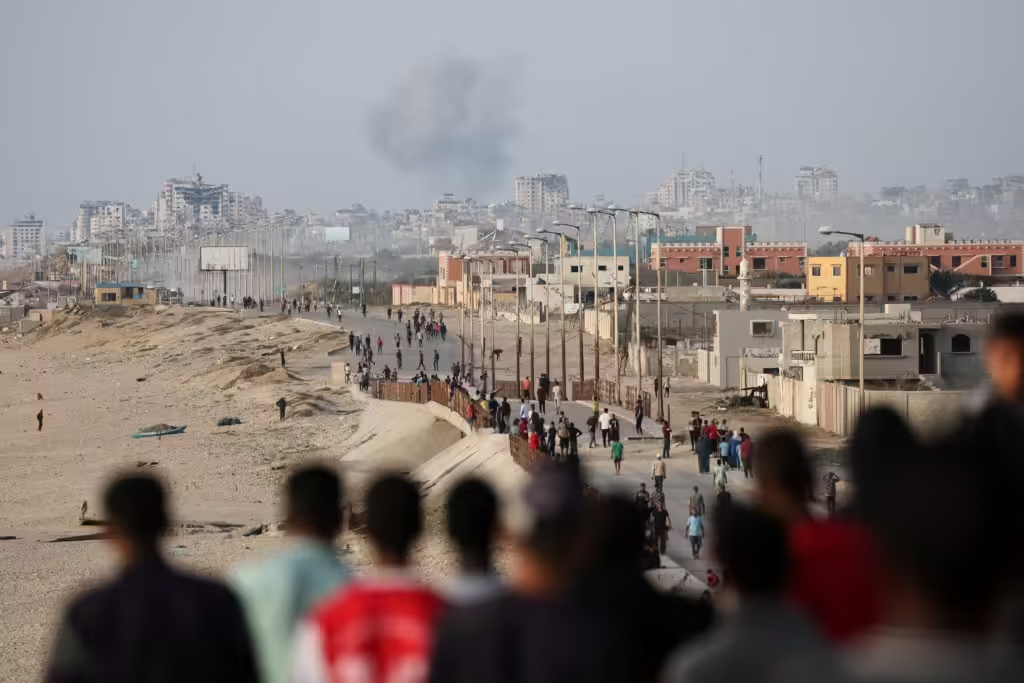In a recent development in the ongoing conflict between Israel and Hamas in Gaza, the Israeli military’s aggressive bombing campaign has resulted in significant losses. The Israeli Defense Forces (IDF) have acknowledged the death of 425 soldiers and over 5,000 injuries since October 7th, marking a sharp escalation in the violence.
Israeli media sources have confirmed the toll, revealing that 58% of the wounded Israeli soldiers suffered severe injuries. The conflict has created a dire situation with more than 2,000 Israeli soldiers reported as disabled, an unprecedented challenge for the defense authorities who admit that such circumstances are unprecedented.
The psychological toll on Israeli forces is also evident, as 7% of the hospitalized soldiers are dealing with mental health issues due to the stress of the conflict. Defense authorities anticipate a rapid increase in the number of soldiers facing psychological distress in the coming days.
Meanwhile, the IDF continues its airstrikes in residential areas of Gaza, including Khan Yunis, Rafah, and Beit Lahia. The recent bombings resulted in the death of over 24 Palestinians, bringing the total number of Palestinian casualties to over 18,000 in the span of 64 days. The situation in Jabalia refugee camp is particularly dire, with makeshift graves appearing on streets and markets due to the high number of casualties.
Responding to the Israeli offensive, Palestinian resistance forces launched rockets and mortar attacks, targeting Israeli military installations. Several Israeli military vehicles and tanks were destroyed, leading to multiple casualties among IDF soldiers.
As the conflict intensifies, the demand for a ceasefire in Gaza grows stronger. International reactions have been robust, with the United States vetoing a ceasefire agreement and Iran and Turkey expressing strong condemnation of Israel’s actions.
In another development, Prince Charles has urged a Sunni-Arab coalition to intervene and address the escalating crisis. The international community faces mounting pressure to find a diplomatic solution and prevent further loss of life in the region.
The situation remains fluid, with both sides engaged in intense hostilities, and the international community grappling with the challenge of brokering a peace agreement to end the suffering of civilians caught in the crossfire.



